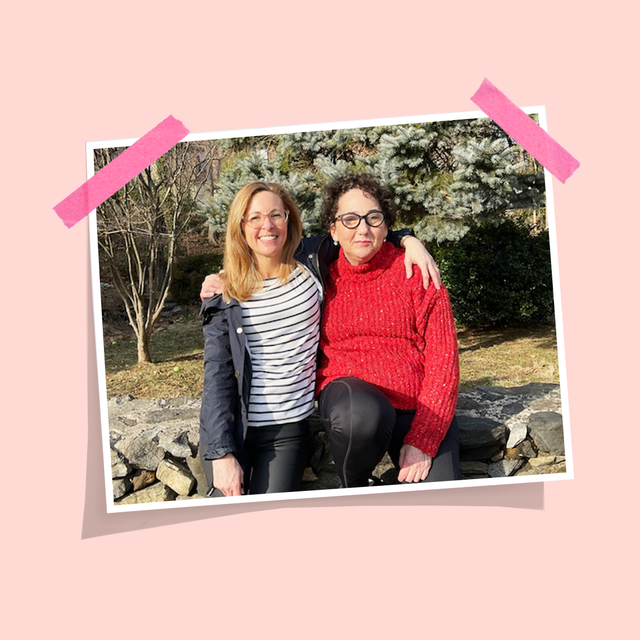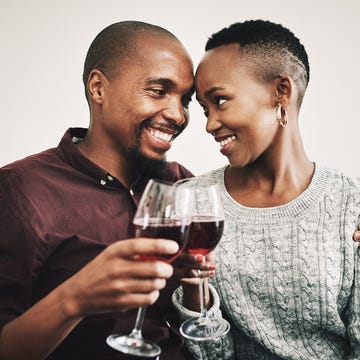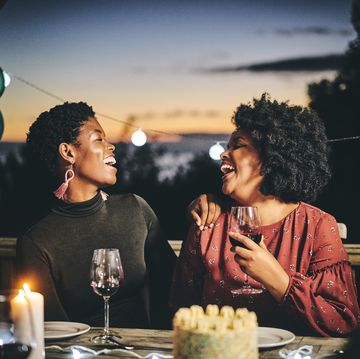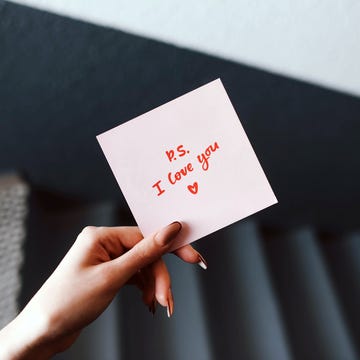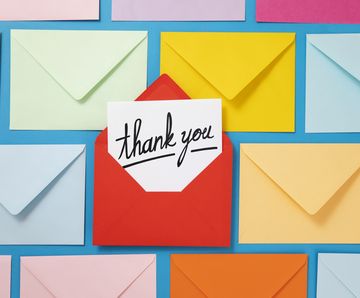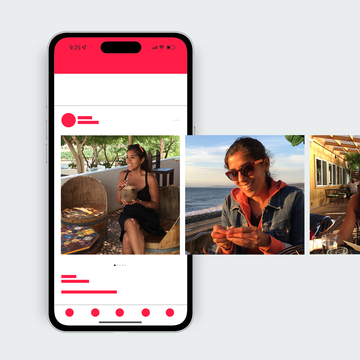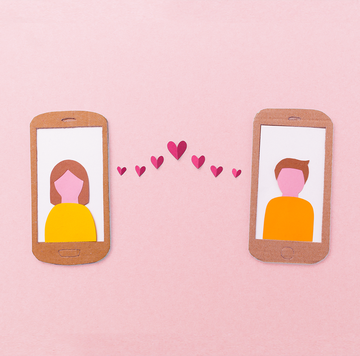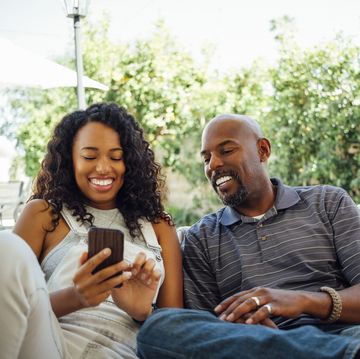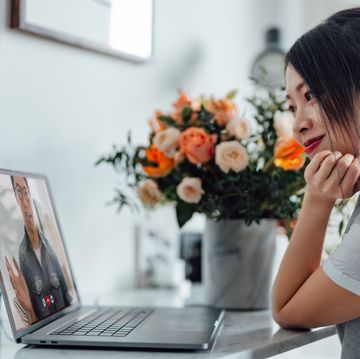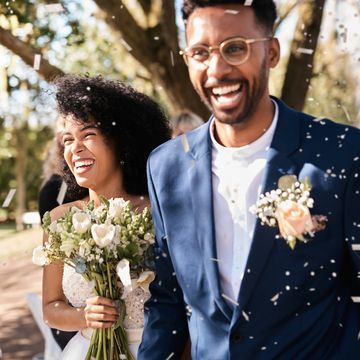The first close friends I made as an adult were the women with whom I played softball in a New York City corporate league in the 1980s. Single and living alone for the first time in my life, I missed the camaraderie and sense of belonging I’d experienced on my high school and college teams, so when they asked me to play with them, I didn’t hesitate. We were the New York City Adwomen; each of us worked for a different advertising agency in Manhattan. Win or lose, after the Friday night games, we headed from the Heckscher Ballfields in Central Park to a small bar on Third Avenue in the East Nineties and celebrated the friendships cemented between centerfield and home plate.
In the four years I played in the adult league, we went through promotions, engagements, weddings, addiction, an eating disorder (mine) and many other ups and downs, but each year, as soon as life began to grow in little buds on the trees, we were in the park practicing for the upcoming season.
In 1986, anorexia took me off the field and away from my friends. My weight dropped precariously low one winter and I was hospitalized. By the time I regained the weight and was discharged from the hospital, the summer was over. I returned to play with the Adwomen the following summer, but the connection wasn’t there anymore and we fell out of touch. I never heard from any of the Adwomen again.
The eating disorder marked the end of any semblance of normalcy — and the beginning of a solo journey through the province of serious mental illness. Following 11 years of psychotherapy that saved my life, I felt the need to give back. In 2018, when I was 57, I signed up for an entrepreneurial class, with the goal of starting a mental health advocacy and awareness organization focused on borderline personality disorder (BPD).
Alexandra always sat in front of me. She was also working on a mental health business geared towards families. As I listened to her in class, I gathered she not only suffered from anxiety, but her two children each had their own diagnoses. I wanted to approach her, but I held back. Except for the complementary themes of our businesses, we didn’t have much in common. I was a Baby Boomer, she was a Gen X-er. She was married and had children, I’d never married and remained child-free. Alexandra was a stay-at-home mom, I worked full-time. Even the amount of space we took up in the world was distinct — the first thing I noticed about her was how tiny she was, and how I towered over her.
The program ran for five months. Another classmate, who was launching an executive coaching business, sent out an email asking if anyone wanted to form a support group that would keep meeting after the formal program ended. I signed up and so did Alexandra. Once a month a group of us got together to strategize, generate ideas, learn from each other and hold each other accountable.
Alexandra and I began to talk between our scheduled monthly meetings. The conversations started off with little achievements about our businesses — nothing was too small, which felt good, but invariably the dialogue turned more personal in nature. If it was nice out, I’d bring my rescue dog, Shelby, over to Alexandra’s neighborhood and we’d walk and talk in the hills behind the main road. The architecture in her town was spectacular, and between filling each other in about our lives, we’d stop and admire the impressive features of the individual houses.
We began to text each other at least every couple of days, just to check in and let each other know we were thinking of the other. If we didn’t see each other, we’d speak at least once a week, typically on the weekend because of my intense work schedule. If I had a small success with my business, Alexandra celebrated it with me as though I hit $1M in revenue.
When either of us was having a tough time, we shared our difficulties and felt unencumbered as a result. William Chopik, Ph.D., an Associate Professor in the Department of Psychiatry at Michigan State University, says that interactions involving mutual self-disclosure and reciprocity brings the participants closer together over time. He adds that when each person is sharing sensitive information, such as experience with mental illness, trust develops. I’m not sure if this is the secret to what brought Alexandra and me together on such a deep level, but I know she is one of the few people in my life I can be honest with about how I’m feeling emotionally and I know she won’t judge me.
I wish I could be more helpful when Alexandra shares issues about her children, as I’m not a parent. Still, I listen intently and understand she’s similarly searching for an empathetic and non-judgmental ear. “You be doing something right,” I say. “Your children are thriving.”
Meeting Alexandra in my 50s means I was able to cut through the piddly minutiae of introductions, the back and forth of which has the potential to stretch out for weeks. I’m more confident than I was in my 20s, I’m more sure of myself and I know what I like — and who I like. When I sense someone is genuine, I don’t hesitate to take risks in revealing the delicate parts of myself, because I’m less likely to face rejection. I don’t have to shore myself up with Sea Breezes like I did in my 20s just to have a conversation with someone I never met.
The marriage fervor that swept my social circle twenty years ago, and the sense of competition that came with it, seems meaningless now. I love being single and relish my independence. But it also means the part all of my friends, including Alexandra, play in my life has become amplified, as they surround me with love and support.
I now realize my friendships with any of the Adwomen were an afterthought — for them, following their work and their play. I didn’t know what true friendship looked like, so I latched onto anything that resembled a relationship. I never admitted it, but when I was in the eating disorder unit for six months without so much as a phone call or a letter from any of them, I was devastated. Alexandra and I have known each other going on four years and we’ve both seen each other go through some ugly times. We count on each other, not only to celebrate each other’s accomplishments, but to sustain each other when the next step feels unmanageable. I don’t see that changing.
“The most important thing about social relationships is just how critically important and valuable they are,” Teresa Seeman, Ph.D. says in Lydia Denworth’s book Friendship. “Earlier in life, being married — that relationship — is really key, but as you get older friendships become that much more important and whether or not you’re married is relatively less important.”
As I enter my 60s, I’m acutely aware my friendships are vital to my emotional well-being and my friendship with Alexandra has played a crucial part in the last few years in keeping my hard-won mental health on an even keel. With both of my parents gone and my brother busy with his own family, I’ve had to create a family out of my friends. Alexandra has become the sister I never had, and she has given me the honor of returning this gift.
